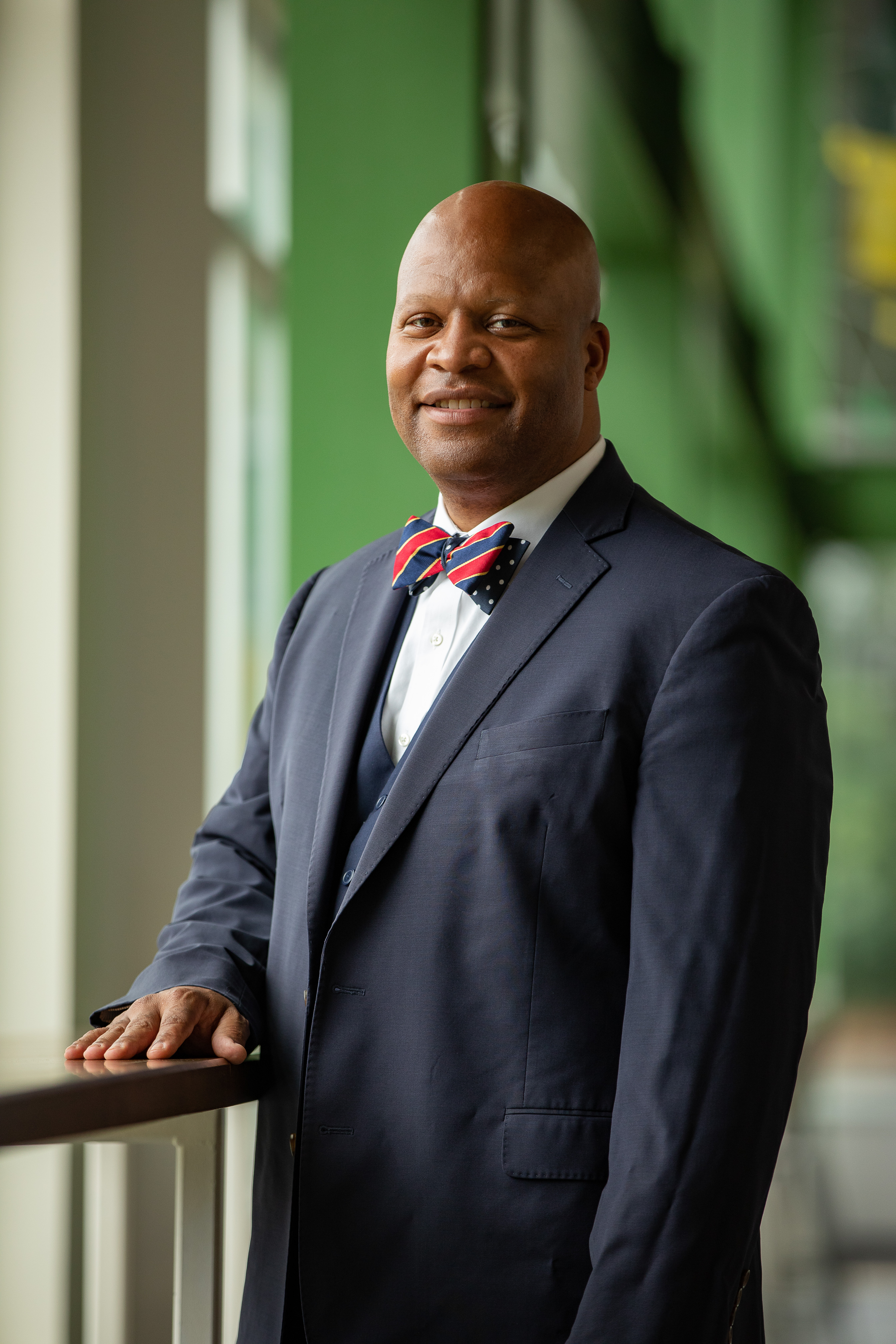Motlow State Community College President Dr. Michael Torrence on the impact of digital credentials
In this Trusted Learner Network Governing Body member spotlight, get to know Dr. Michael Torrence, his contributions to the TLN and what he gains — for himself and for the Motlow State community — from the experience.
 When he’s not serving as the president of Motlow State Community College or learning new skills and trades, Dr. Michael Torrence spends his time as a member of the Trusted Learner Network’s (TLN) Governing Body.
When he’s not serving as the president of Motlow State Community College or learning new skills and trades, Dr. Michael Torrence spends his time as a member of the Trusted Learner Network’s (TLN) Governing Body.
As a self-described tinkerer, he likes to see how things work by taking them apart. And while he admits that his humanities background may not have fully prepared him for the technical aspects of the TLN, his background does encourage inquiry and an interest in experiential learning.
“For me, it’s a balance thing – academically and professionally,” said Torrence. “I really want to know how it works, so that I can speak intelligently to my students and our community about how important it is to have portable credentials … and how skills open educational resources and all these gifts that are going to be part of our economies of scale to help people be prepared for the next generation of what it means to work, live, laugh, love and play on the planet.”
We recently sat down with Dr. Torrence to learn more about why he wanted to be part of the TLN Governing Body, how the people behind this work make a difference, and more.
How digital credentials represent the future
If you’re not familiar with the TLN, Dr. Torrence wants you to know this: The opportunity of the TLN is broadly impactful, not only in academia or higher education, but it’s also for workforce and employability. “We’re creating space for portability of credentials and access so they are as synonymous as they should be,” said Torrence. “That’s the power that lies within the network to be leveraged.”
Dr. Torrence went on to explain that, oftentimes, education systems need to catch up when it comes to technologies that students or external communities are already using and engaging in. The portability of credentials, he noted, opens up larger opportunities. For example, the TLN gives second language learners – or second cultural learners, as Dr. Torrence calls this group – a greater chance to operationalize what they learn and engage in our systems.
Getting back what he puts in
Just as much as Dr. Torrence puts into the TLN, he brings that impact into his everyday work, as well. “My life will continue to be based on me looking at things through the lens of a learner forever. I don’t take myself seriously in the sense that I've achieved this status therefore I need not do anything else,” said Torrence. “It’s constant.” He went on to give examples of how he’s become a certified basic welder and has learned how to handle robotic materials. He’s eager to maintain his lifelong learning status.
Dr. Torrence also sees this idea of continuing to learn as an extension of faculty, students, his direct staff, the administration and cabinet members that he gets to serve at Motlow State. “I hope that what we do and learn together [at the TLN] has a positive impact on how we can create programs, how we disseminate the use and modality of instruction and training,” said Torrence.
Why being on the TLN Governing Body matters
For Dr. Torrence, his participation as a member of the TLN Governing Body was driven by the opportunity to work with innovators in the microcredentials space. When he described his time at the TLN’s Unconference earlier this year, Dr. Torrence said: “I’m in the room with people whom I’ve read their work, I’m aware of their contributions. I pinched myself after the first day knowing I got to contribute with this group of people. They are the creators and the makers of microcredentials and pathways for both people who are graduating early, starting early, in the middle of college and beyond. It’s humbling to be in a room with very sharp people.”
Another reason Dr. Torrence wanted to be on the Governing Body was to bring his contribution to representation across the TLN group. With a rich Native American, African American, French and Caucasian heritage, Dr. Torrence explained that while he’s not the voice of these ethnic groups, he can share his lived experiences. “I thought it would be great to be part of that conversation as who I am in the world and what I do currently,” he added.